 If you’re searching for a clear example of market pain spurring equipment investments, then look no further than the robot installed by Lakeshore Recycling Systems.
If you’re searching for a clear example of market pain spurring equipment investments, then look no further than the robot installed by Lakeshore Recycling Systems.

 If you’re searching for a clear example of market pain spurring equipment investments, then look no further than the robot installed by Lakeshore Recycling Systems.
If you’re searching for a clear example of market pain spurring equipment investments, then look no further than the robot installed by Lakeshore Recycling Systems.

Export market shifts are slashing into recycling revenues for Waste Management and others, with poor fiber prices cutting one company’s recycling revenues in half.
 PepsiCo has scaled up its commitment to The Recycling Partnership, and a leader at the beverage company says the money will be geared toward improving local programs.
PepsiCo has scaled up its commitment to The Recycling Partnership, and a leader at the beverage company says the money will be geared toward improving local programs.
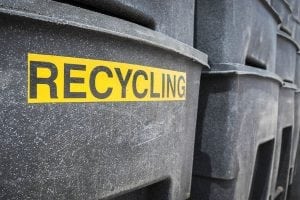
The country’s recycling and composting rate remains stuck at just over 34 percent, according to the U.S. EPA.
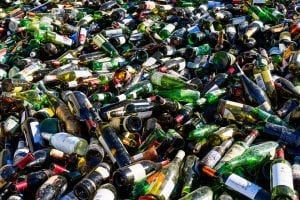 Strategic Materials shut down its Franklin, Mass. facility last month, a development caused by the closure of a massive bottle manufacturer nearby.
Strategic Materials shut down its Franklin, Mass. facility last month, a development caused by the closure of a massive bottle manufacturer nearby.
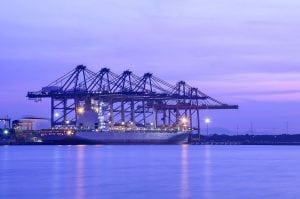
The largest paper companies in China have announced temporary closures due to recovered fiber shortages, and Southeast Asian governments are taking steps to stem the skyrocketing volume of recyclables they’ve imported this year.
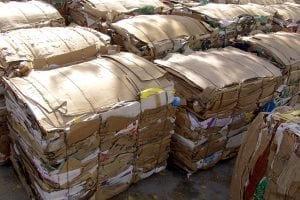
The Chinese government has released a proposal to completely ban imports of recovered fiber and every other form of “solid waste.”
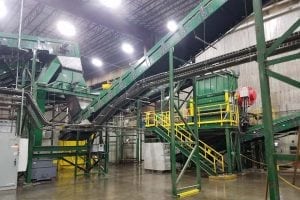
The Philadelphia MSW and recyclables sorting facility operated by Continuus Energy.
Markets for mixed paper and plastics have been hard hit by China’s import restrictions. Now, a Texas company is working to develop a new domestic one: paper-plastic building panels.
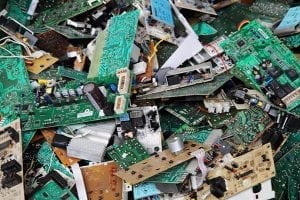 Projects advancing plastics and scrap electronics recovery will receive funding through a federal initiative to save energy and support U.S. manufacturing.
Projects advancing plastics and scrap electronics recovery will receive funding through a federal initiative to save energy and support U.S. manufacturing.
![]() In the midst of a recycling market downturn, a growing number of small municipal programs across North America are moving away from single-stream at the curb.
In the midst of a recycling market downturn, a growing number of small municipal programs across North America are moving away from single-stream at the curb.
